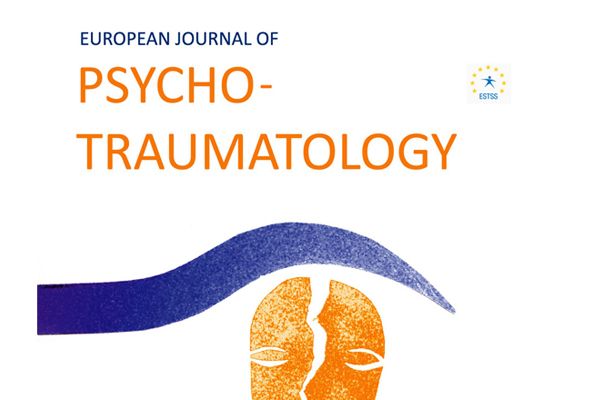19 oktober 2020
European Journal of Psychotraumatology
Philip Held, Alyson K. Zalta, Dale L. Smith, Jenna M. Bagley, Victoria L. Steigerwald, Randy A. Boley, Michelle Miller, Michael B. Brennan, Rebecca Van Horn & Mark H. Pollack
https://doi.org/10.1080/20008198.2020.1789324
Abstract:
Background: Intensive treatment programs (ITPs) have shown promise for reducing PTSD and depression symptoms. It is still unknown whether treatment gains are maintained following completion. This study examined whether veterans were able to maintain treatment gains for up to 12 months after an ITP for PTSD and whether reductions in negative posttrauma cognitions predicted treatment gain maintenance.
Methods: 209 veterans (62.7% male, mean age=40.86 years) completed a 3-week, CPT-based ITP for PTSD. Participants’ PTSD (PCL-5) and depression (PHQ-9) symptoms were assessed at pre-treatment, post-treatment, and at 3-, 6-, and 12-month follow-up timepoints.
Results: Despite small symptom increases from post-treatment to 3-month follow-up, significant and clinically meaningful reductions in PTSD and depression symptoms were reported from intake to 12 months follow-up (averaging >18 points on the PCL-5 and >6 points on the PHQ-9; d=1.28, and d=1.18, respectively). Greater reductions in negative posttrauma cognitions during treatment were associated with lower PTSD (p<.001) and depression (p=.005) severity at follow-up. Most veterans who completed the aftercare survey followed treatment recommendations and reported seeing a mental health provider at 3-, 6-, and 12-months post-treatment. Aftercare treatment did not significantly predict whether veterans maintained treatment gains at follow-up.
Conclusions: Overall maintenance of treatment gains long-term suggests veterans may be able to apply skills acquired during the ITP following treatment. These findings further support the feasibility and effectiveness of intensive, trauma-focused, evidence-based therapy delivery.
Keywords: PTSD; Intensive Treatment; Veterans; Follow-Up; Posttraumatic Cognitions
Published online: 12 Aug 2020

Het European Journal of Psychotraumatology (EJPT) is een peer-reviewed, interdisciplinair wetenschappelijk tijdschrift dat deel uitmaakt van de European Society for Traumatic Stress Studies (ESTSS).
Het EJPT heeft als doel om wetenschappers, behandelaren en experts te betrekken bij de belangrijkste vraagstukken rond stress en trauma, waaronder individuele gebeurtenissen, herhaalde of chronische trauma's, grootschalige rampen en geweld.

